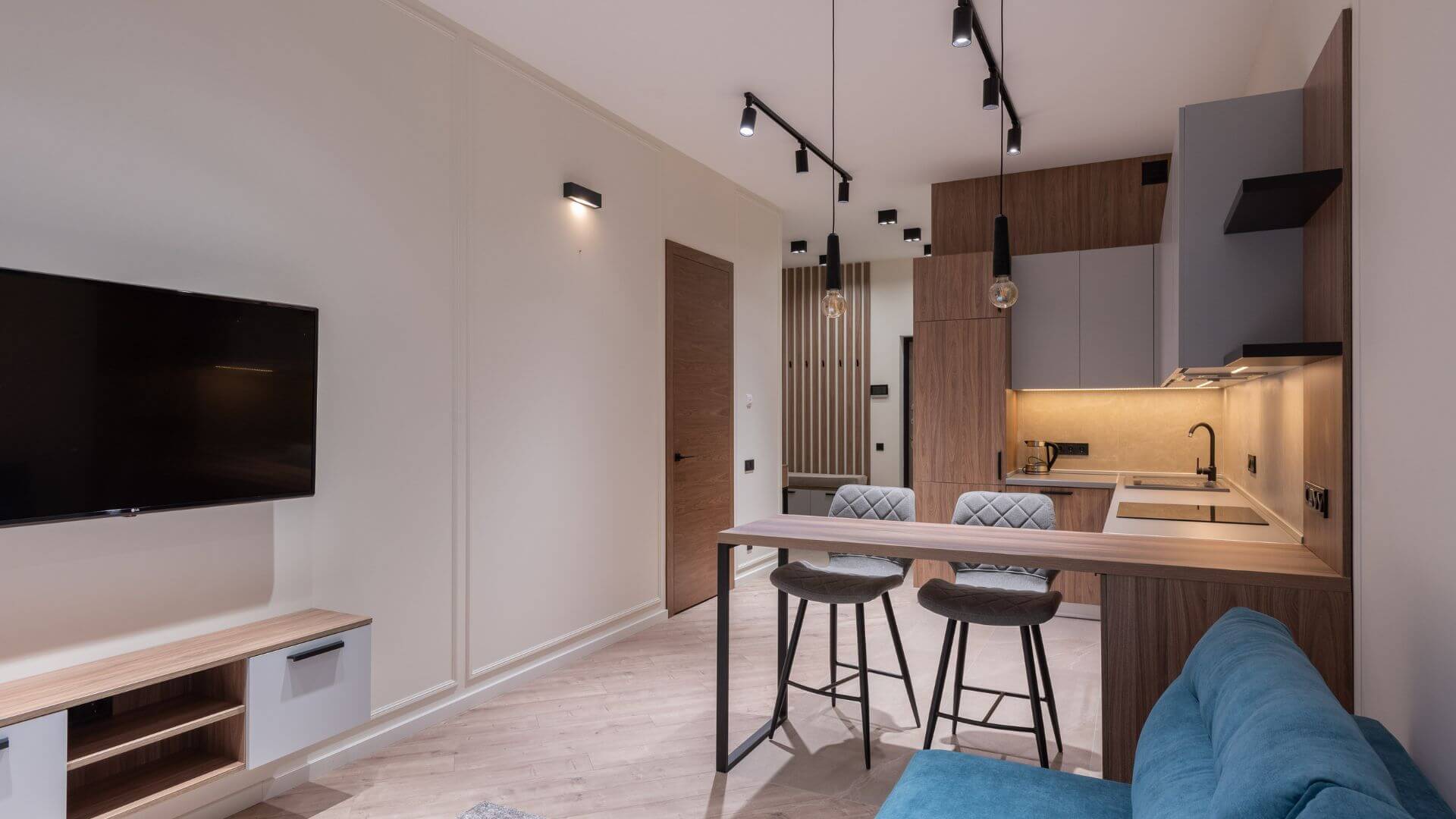
I’m Karen Mustard, your real estate agent at Coldwell Banker Horizon Realty. I often receive questions about short-term rentals (STRs). Because big changes are happening in British Columbia, it’s vital for STR owners to know the new rules. Therefore, this guide explains the key points and what actions you need to take.
The New Rules: What’s Changed?
British Columbia now has a provincial registration system for STRs. Importantly, this is in addition to any local business license you might already have. Many cities and towns require a business license to list on sites like Airbnb and VRBO. The province, however, is adding another step to the process.
The key change is the provincial registration number. You must have this number to list your property online, starting May 1, 2025. This requirement isn’t just a suggestion; it’s now law. Furthermore, the province is serious about enforcing this, and there are penalties if you don’t comply.
On January 20, 2025, the government started the short-term rental registry. Consequently, the rules linked to the Short-Term Rental Accommodations Act also began on this date.
Important Dates and What They Mean for You
The government has set clear deadlines. Unfortunately, missing these dates will cost you money:
- May 1, 2025: No More Ads. Your provincial registration number must be on your online listing by this date. If it isn’t there, then websites like Airbnb can’t show your property. This situation means no new bookings.
- June 1, 2025: Cancelled Bookings. After this date, things get worse. Not only will your listing still be hidden, but any bookings you have will also be cancelled. As a result, you could face lost income, possible fees, and a damaged reputation.
The province offered discounts for early registration:
- There was a 50% discount if you registered by February 28, 2025.
- Similarly, a 25% discount was offered if you registered by March 31, 2025.
These discounts clearly showed that the province wanted people to register early.
How Much Does Registration Cost?
The yearly fee depends on how you utilize your STR:
- $100: This applies if you live in the rental property (for example, you rent out your whole home when you’re away, or you rent a spare room).
- $450: This fee is for those who don’t live in the rental (for example, a second suite, cottage, or laneway house).
- $600: This higher fee is for a whole strata hotel (a property that works like a hotel or motel, with individual units).
Why These New Rules?
The B.C. government states that about 19,000 entire homes are listed as short-term rentals all the time. This statistic highlights the government’s concern about how STRs affect long-term housing, especially where there’s high demand and few empty homes.
Thus, the new rules aim to bring some of these homes back to the long-term rental market. The “principal residence” rule, which applies in many communities, limits STRs to your main home plus one extra unit (like a laneway house).
Enforcement and Fines: It’s Serious
The province isn’t just asking nicely; they are taking action. A special Compliance and Enforcement Unit (CEU) is part of the Ministry of Housing. Moreover, this unit will actively check that people are following the rules.
High fines can result from not following the rules:
- Up to $10,000 per day: Platforms that don’t follow the rules, such as checking registration numbers, face this penalty.
- Compliance orders: The Director of the Short-Term Rental Branch can issue these orders, and they can be taken to court.
- Higher fines for breaking local rules: Regional districts can now set fines up to $50,000. Local governments, in addition, can charge up to $3,000 per day for each violation.
Sharing Information and Platform Duties
Websites like Airbnb have significant responsibilities under the new regulations. For instance:
- Registration with the province is mandatory.
- A representative needs to be designated to talk to the Province.
- Monthly data about listings must be shared (including who owns the property, booking details, and business license numbers, if needed).
- The platforms must allow provincial registration numbers on all listings.
- Also, registration numbers must be checked against the Province’s records.
- Listings without valid numbers must be removed.
- Finally, listings that break the rules must be removed if a local government requests it. This is a final, important responsibility.
Sharing data is very important for making sure the rules are followed. The information given to the Province can, in turn, be shared with local governments to help them enforce their own rules.
Your To-Do List:
- Register: Obtain your provincial registration number now. It’s the most important step.
- Update: Add your provincial registration number (and local business license number, if you need one) to all your online listings right away. This step ensures visibility.
- Stay Updated: Keep checking for any new changes to the rules, as things can evolve.
- Ask for Help: If you’re unsure about anything, get professional advice. Don’t hesitate to reach out.
Staying Informed and Getting Help
The rules for short-term rentals are complicated and can change. As your real estate professional, I’ll keep you updated and give you the best advice. Please contact me, Karen Mustard, at Coldwell Banker Horizon Realty, if you have questions or need assistance. I’m here to help you follow these new rules and keep your short-term rental running legally and successfully in British Columbia.


 Facebook
Facebook
 X
X
 Pinterest
Pinterest
 Copy Link
Copy Link
